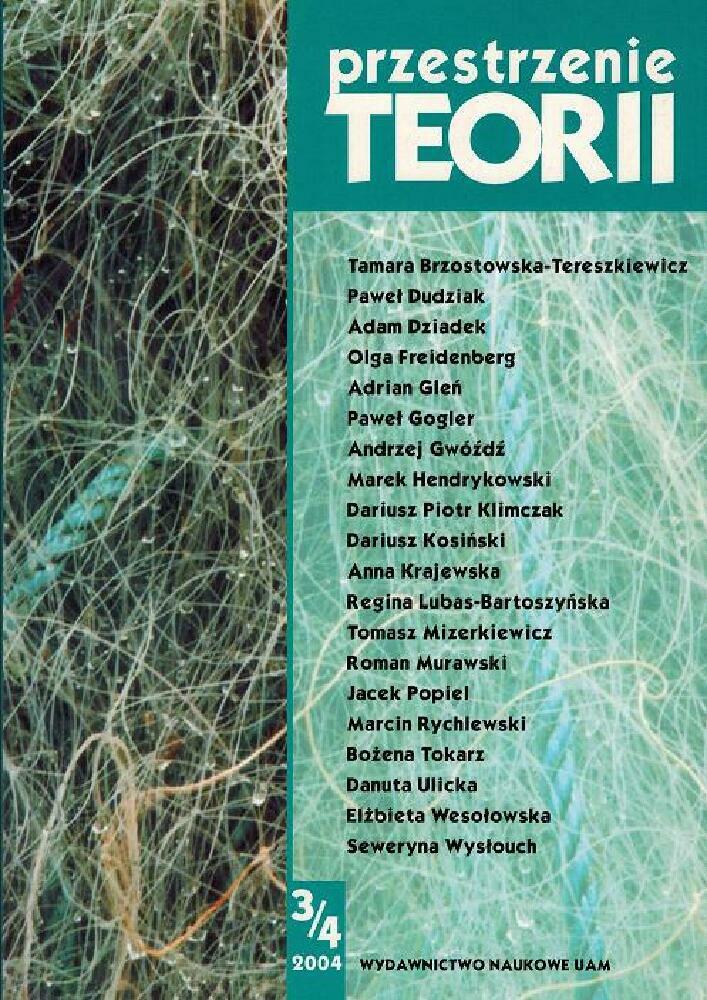Abstract
Thanks to Buddhist contexts, present in S. Beckett's two long plays (The Endgame and The Happy Days) we understand that death, signifying the ultimate Nothingness and Emptiness appears to be the change of the perceiving substance, which getting rid of the body, is joined with the nonbodily content of the things. Beckett's doxology of the light makes it that since Life is compared to the flame, Death depicts its extinguishing, but at the same time the value of eschatological hope is expressed through Buddhist motifs (karma of the Yoga, little Buddha, nirvana, the wheel of Samsara and the like). Death is for Winnie, Hamm and Clove an internal act of transgression, touching directly the dying person, but at the same time the heroes of Beckett's plays transfer their feeling connected .with dying to the external observer (the spectator). And so Beckett achieved the dimension of the most important function of the theatre of „participation" and „initiation". Recognising Buddhist contexts in Beckett's plays, we accept Death as one of the stages of the biological cycle - being a peculiar kind of repayment of a debt to nature.License
Authors
Authors of texts accepted for publication in Przestrzenie Teorii are required to complete, sign and return to the editor's office the Agreement for granting a royalty-free license to works with a commitment to grant a CC sub-license.
Under the agreement, the authors of texts published in Przestrzenie Teorii grant the Adam Mickiewicz University in Poznań a non-exclusive, royalty-free license and authorize the use of Attribution-NonCommercial-NoDerivatives 4.0 International (CC BY-NC-ND 4.0) Creative Commons sub-license.
The authors retain the right to continue the free disposal of the work.
Users
Interested Internet users are entitled to use works published in Przestrzenie Teorii since 2015, for non-commercial purposes only, under the following conditions:
- attribution - obligation to provide, together with the distributed work, information about the authorship, title, source (link to the original work, DOI) and the license itself.
- no derivatives - the work must be preserved in its original form, without the author's consent it is not possible to distribute the modified work, such as translations, publications, etc.
Copyrights are reserved for all texts published before 2015.
Miscellaneous
Adam Mickiewicz University in Poznań retains the right to magazines as a whole (layout, graphic form, title, cover design, logo etc.).
